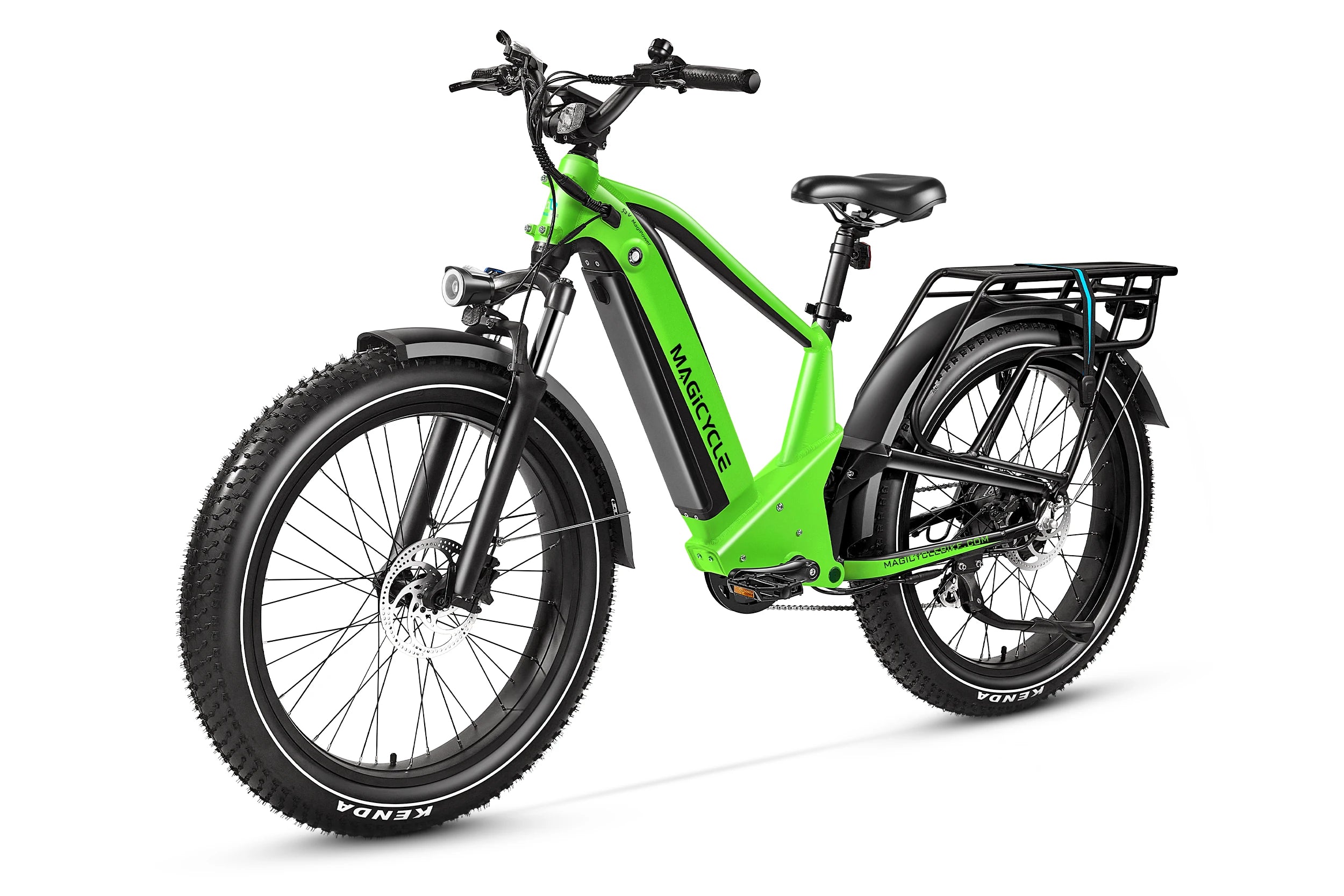In the dynamic world of logistics, the last mile is often the most challenging and costly segment of the delivery process. However, the advent of motorized cargo cycles is transforming this crucial phase, offering a sustainable, efficient, and cost-effective solution. This article delves into the innovative ways motorized cargo cycles are reshaping last-mile logistics.

Environmental Benefits of Motorized Cargo Cycles
One of the most significant advantages of motorized cargo cycles is their positive environmental impact. Traditional delivery vehicles, such as vans and trucks, contribute substantially to urban pollution and traffic congestion. In contrast, motorized cargo cycles produce zero emissions, making them an eco-friendly alternative. By reducing the carbon footprint associated with deliveries, these cycles play a crucial role in promoting sustainable urban living.
Efficiency and Cost-Effectiveness
Motorized cargo cycles offer unparalleled efficiency in navigating congested urban areas. Their compact size allows them to maneuver through narrow streets and avoid traffic jams, ensuring timely deliveries. Additionally, the operational costs of motorized cargo cycles are significantly lower than those of conventional delivery vehicles. With reduced fuel consumption and maintenance expenses, businesses can achieve substantial savings while maintaining high delivery standards.
Enhanced Accessibility and Flexibility
Another key advantage of motorized cargo cycles is their enhanced accessibility. These cycles can reach areas that are often inaccessible to larger vehicles, such as pedestrian zones, parks, and narrow alleyways. This flexibility ensures that deliveries can be made directly to the customer's doorstep, improving the overall delivery experience. Furthermore, motorized cargo cycles can be easily parked and loaded, streamlining the logistics process.
Supporting Urban Mobility and Reducing Congestion
Urban mobility is a growing concern in cities worldwide. Motorized cargo cycles contribute to alleviating this issue by reducing the number of delivery vans and trucks on the road. By opting for these cycles, businesses can help decrease traffic congestion, leading to smoother and faster commutes for everyone. This shift not only benefits logistics companies but also enhances the quality of life for urban residents.
Case Studies and Real-World Applications
Several cities have already embraced motorized cargo cycles as a viable solution for last-mile logistics. For instance, in European cities like Amsterdam and Copenhagen, these cycles are a common sight, efficiently delivering goods while minimizing environmental impact. Similarly, in densely populated urban centers in Asia, motorized cargo cycles are gaining popularity for their ability to navigate crowded streets and deliver packages swiftly.
Future Prospects and Innovations
The future of last-mile logistics looks promising with the continued development of motorized cargo cycles. Innovations such as electric-assist technology and advanced cargo management systems are further enhancing their capabilities. As cities become more committed to sustainability, the adoption of motorized cargo cycles is expected to rise, driving further advancements in this field.
In conclusion, motorized cargo cycles are revolutionizing last-mile logistics by offering an environmentally friendly, efficient, and cost-effective solution. Their ability to navigate urban landscapes, reduce congestion, and provide direct-to-door deliveries makes them an invaluable asset in the logistics industry. As we move towards a more sustainable future, the role of motorized cargo cycles in last-mile logistics will undoubtedly continue to grow, reshaping the way goods are delivered in our cities.








